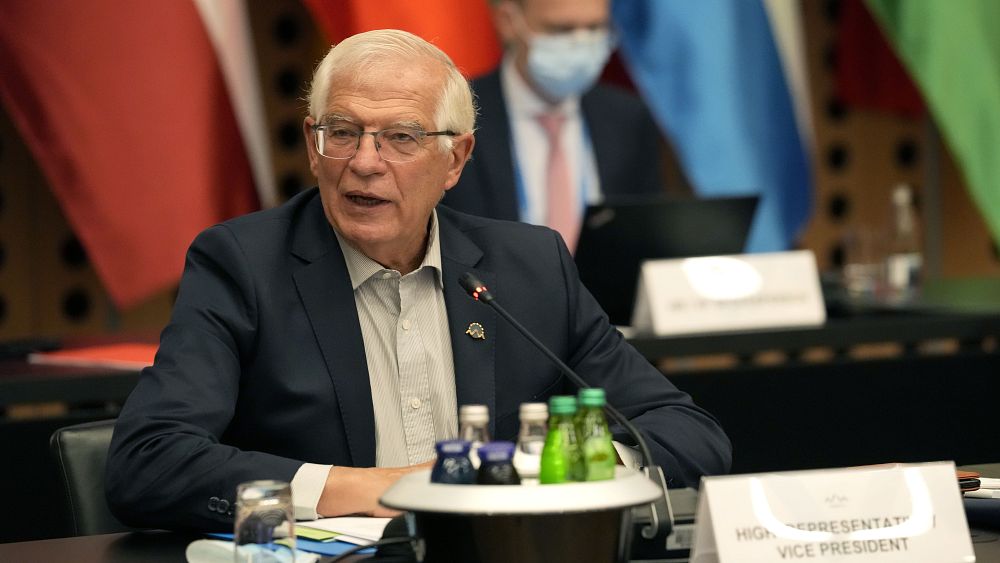
European Union foreign ministers have agreed on the need to engage with the Taliban but stopped short of formally recognising the new government.
At a meeting in Slovenia, EU foreign policy chief Joseph Borrell said that at this moment it is necessary and that a presence on the ground in Afghanistan should be re-established.
“In order to support the Afghan population, we will have to engage with the new government in Afghanistan, which does not mean recognition, it is an operational engagement,” Borrell told reporters on Friday.
According to the EU, cooperation is dependent on the Taliban meeting five conditions, including preventing the export of terrorism, respecting human rights, creating an inclusive government, allowing access to humanitarian aid, and allowing the departures of Afghan and European civilians who wish to leave.
When the conservative Islamist group took over last month, the EU and many Western countries chose to close embassies in Afghanistan, limiting their influence on any new administration.
But now, Brussels is changing its tone, whilst remaining cautious about formally recognising the Taliban, as well as how trustworthy the new government will prove to be.
It does, however, hope to keep any European citizens remaining in Afghanistan safely and prevent a new large influx of migrants coming to the bloc’s borders.